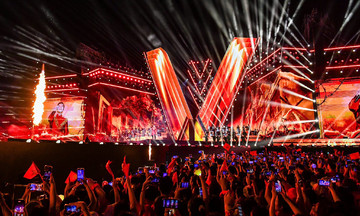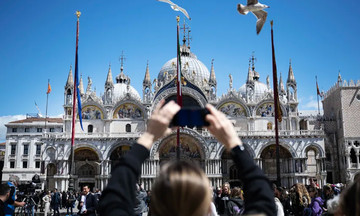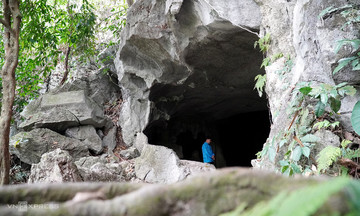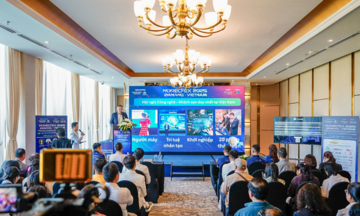Planning a trip can be just as exciting as the journey itself. Dr. Daisy Kanagasapapathy, Deputy Head of the Department of Tourism and Hospitality Management at RMIT University Vietnam, acknowledges that AI offers speed, convenience, and a smart starting point. However, it can't replace human intuition, local knowledge, or real-world experience.
"AI is like a well-read but distant acquaintance; it knows a lot but doesn't know you personally," says Dr. Kanagasapapathy. "The key is learning how to ask the right questions and knowing when to look beyond the algorithm's suggestions." She explains why AI is still a work in progress and offers advice on how to effectively use it for travel planning.
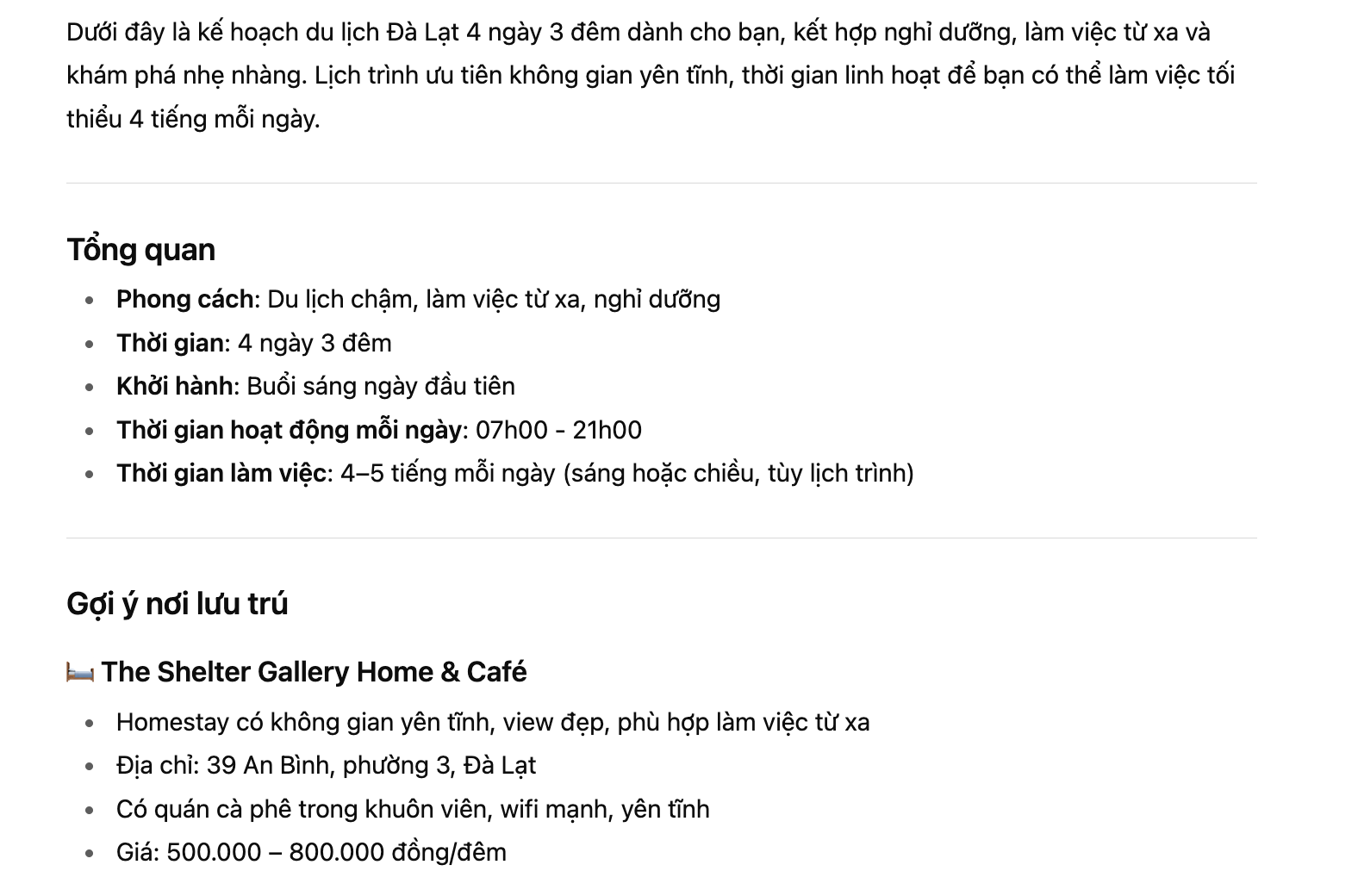 |
AI-generated travel itinerary suggestions for Da Lat. Screenshot |
AI-generated travel itinerary suggestions for Da Lat. Screenshot
Why AI can provide inaccurate suggestions
Technically, there are two common reasons for AI’s inaccuracies. First, training data has time limitations. Many AI models, such as the free version of ChatGPT, are trained on data only up to a certain point, for example, the end of 2023. Therefore, the AI might be unaware of a restaurant that closed last month, a newly opened exhibition, or recent price changes.
Second, AI lacks real-time updates. AI isn't a default search engine. Unless connected to live web data (through plugins, APIs, or real-time web access), AI can't provide current ticket prices or booking availability. Asking AI "What's the current entrance fee for Ba Na Hills?" might yield prices from two years ago, not the latest information. Prices also fluctuate seasonally or with promotions.
User-generated content can be biased or unverified. If AI processes numerous old blog posts about a venue that closed during the Covid-19 pandemic, it might still recommend it without realizing it's no longer operational.
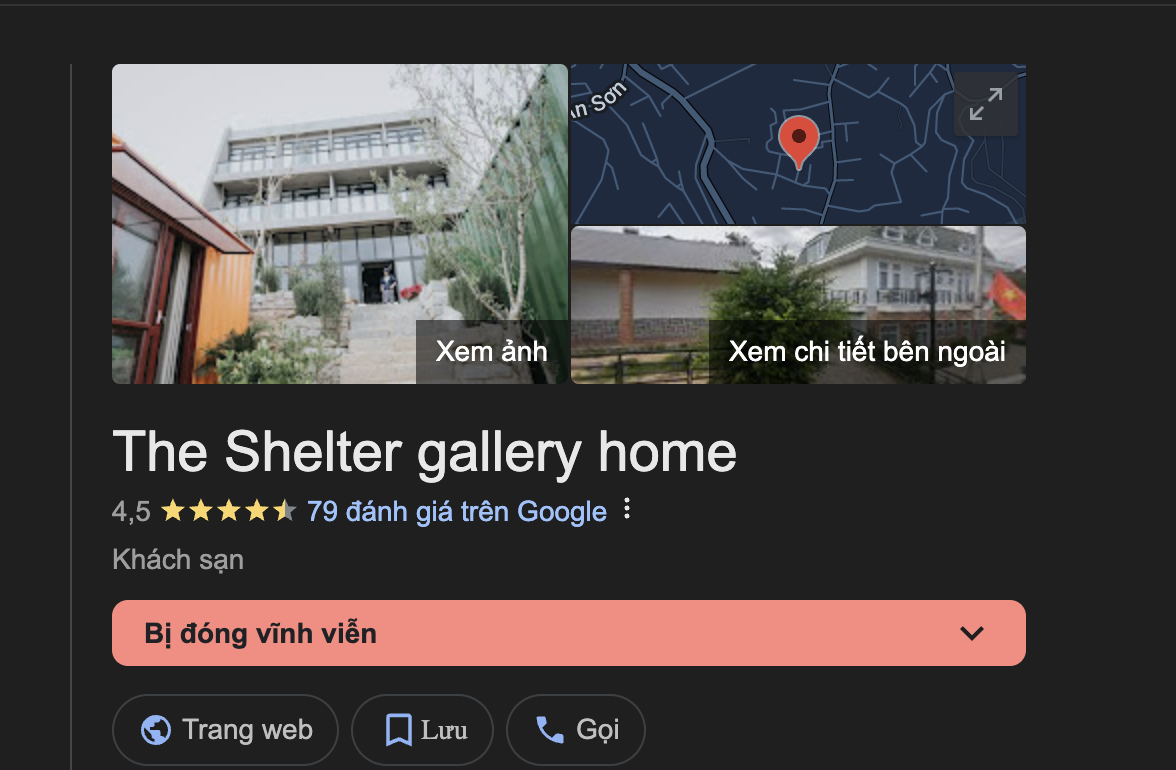 |
A location suggested by AI that has permanently closed. Screenshot |
A location suggested by AI that has permanently closed. Screenshot
Why are AI-generated itineraries often generic?
AI tools like ChatGPT, Google Gemini, or AI-powered travel planning platforms often suggest popular destinations because they are trained on readily available, mainstream content. If millions of blogs, social media posts, and travel websites mention landmarks like the Eiffel Tower or Ha Long Bay, these will dominate AI's training data. AI then equates popularity with relevance, even if users seek lesser-known spots.
Young travelers often look for authentic, local experiences or those catering to niche interests, reflecting their individuality or social values. These searches use less common keywords. Such suggestions are more complex and harder to find unless users engage in deep discussions, frequent reviews, and consistent tagging.
AI reflects mainstream information if users don't specify their needs. Consequently, Gen Z often uses AI for initial brainstorming, then delves deeper into TikTok, Threads, or Facebook groups to personalize their plans.
Using AI effectively for personalized travel planning
Despite its limitations, AI can be valuable if used wisely.
Start with AI, but don’t stop there. Use AI for a preliminary itinerary, like "3 days of culinary exploration in Osaka" or "An ecotourism route in the Mekong Delta". Then, cross-check with Google Maps, TripAdvisor, and TikTok for updated reviews and visuals.
 |
Young travelers plan a DIY trip to Mui Ne using AI combined with research from social media platforms. Photo: Mai Trung |
Young travelers plan a DIY trip to Mui Ne using AI combined with research from social media platforms. Photo: Mai Trung
Ask specific questions. Instead of "What should I do in Ho Chi Minh City?", try "Suggest a two-day itinerary in Ho Chi Minh City featuring street food, art galleries, and public transport." The more details about budget, travel style, and dietary restrictions you provide, the more tailored the results will be.
Ask AI to compare options. For example, "Compare Mui Ne and Quy Nhon for a relaxing vacation with local seafood" or "Are there any lesser-known places in Ninh Binh popular with students?".
Verify time-sensitive information. Always double-check opening hours, ticket prices, and seasonal details on official websites or Google. Treat AI as a starting point, not a definitive source.
Seek AI tools with live data integration. Some platforms now combine AI with real-time updates, such as Expedia, Kayak, or Klook. These offer more reliable price and booking information.
Bich Phuong



